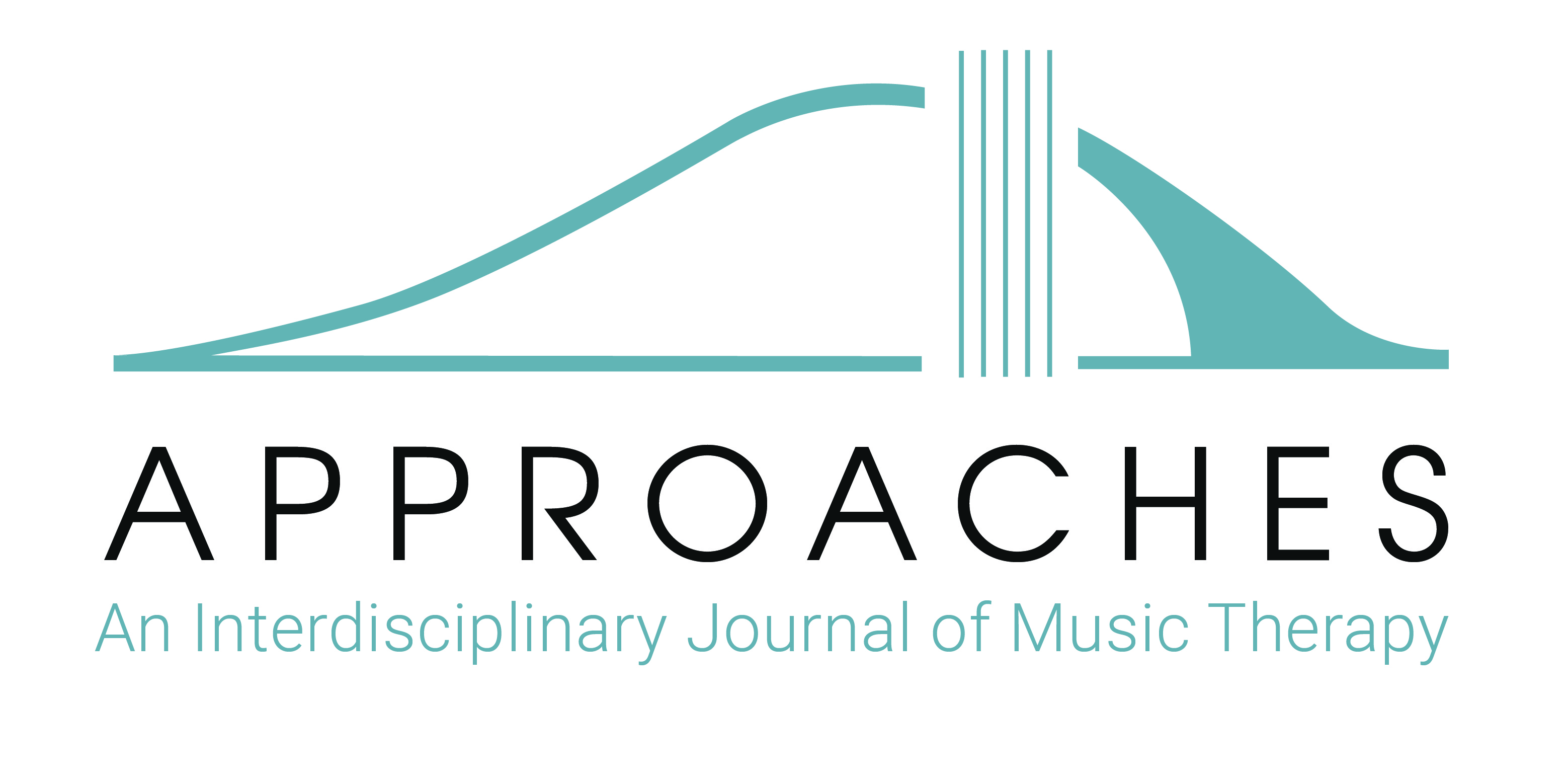Τεύχος 13 (2) 2021 – Article (first published on 12 January 2020)
Therapeutic Music Training (TMT): A music therapy model using music training on an instrument to address therapeutic goals in the areas of cognition and psychosocial health
Cheryl Jones
ABSTRACT
Music training has been noted for its benefits, both musical and non-musical, for the learner. Grounded in literature and informed by clinical work, the music therapy model Therapeutic Music Training (TMT) was developed. TMT uses the experience of learning to play an instrument to target specific non-music therapeutic goals in the areas of cognition and psychosocial health. Music training specifically is critical, as the components and characteristics of music contribute to the therapeutic mechanisms for both cognitive and psychosocial goals. Because of the engagement of the prefrontal cortex and the demands placed on cognitive control and working memory during TMT, it can be a unique and effective intervention for cognitive rehabilitation. The positive impact of new skill learning on self-perception, and the inherent expressiveness of music production, allows for TMT to be used to address a number of psychosocial goals. This paper introduces TMT and describes the theoretical bases for this music therapy model.
KEYWORDS
music training, attention, cognitive rehabilitation, psychosocial goals, sense-of-self, self-empowerment
AUTHOR BIOGRAPHY
Cheryl Jones, accredited music therapist and registered psychotherapist, holds her Master in Music Therapy from Wilfrid Laurier University, and her PhD from the University of Toronto, Canada. She has advanced training in Neurologic Music Therapy. She is a course instructor at Wilfrid Laurier University and at Concordia University, in the Music Therapy departments, and has been an invited guest lecturer to numerous Canadian universities and conferences. Her primary clinical population is acquired brain injury. Her work has been featured in two CBC radio documentaries and in a book, Allison’s Brain. Prior to becoming a music therapist, Cheryl maintained a full-time private piano studio for 25 years. [con.brio.piano@gmail.com]
